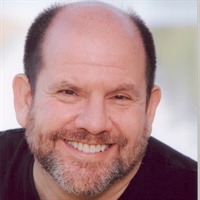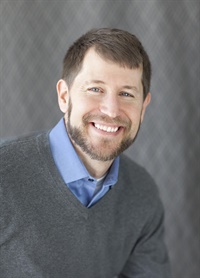CC24 Panel 03 - Is It Really Over? - Harville Hendrix, Ph.D., & Helen LaKelly Hunt, Ph.D.; Stan Tatkin, PsyD, MFT; Ari Tuckman, PsyD
- Average Rating:
- Not yet rated
- Topic Areas:
- Topical Panels | Transference Focused Psychotherapy (TFP) | Infidelity
- Bundle(s):
- 2024 Couples Conference Bundle
- Categories:
- Couples Conference | Couples Conference 2024 | Pioneers in Couples and Family Therapy
- Faculty:
- Stan Tatkin, PsyD, MFT | Ari Tuckman, PsyD
- Course Levels:
- Master Degree or Higher in Health-Related Field
- Duration:
- 56:43
- Format:
- Audio and Video
- Original Program Date:
- May 05, 2024
- License:
- Never Expires.
Description
Description: This panel explores the painful aftermath of betrayal and the challenge of proving trustworthiness after infidelity. Clinicians examine lingering doubt, repeated violations, and the difficulty of rebuilding trust when past promises were broken. Emphasizing transparency, mutual effort, and shared vision, the discussion offers both conceptual models and practical tools to support therapists working at the edges of relational repair.
Syllabus Description: Perhaps one of the most challenging aspects of affair recovery is the worry by the betrayed partner that the unfaithful partner has not in fact ended contact with the affair partner or will re-establish contact. This can be especially pernicious and enduring when the unfaithful partner has been discovered to have had additional contact after vowing to end it. For many betrayed partners, these subsequent discoveries can feel like even deeper betrayals than the initial infidelity, even more salt in the wound. The unfaithful partner will swear up and down that there has not been any additional contact and that there will not be in the future. The betrayed partner desperately wants to believe it, but also needs to protect themself against further pain. The dilemma for both partners (and the therapist) is that we cannot prove a non-event–it’s possible to show that something did happen, but a lack of evidence may also simply mean that it has not yet been discovered. “Is it really over?” will never have a fully satisfying answer, but both partners need to find a way to a satisfying enough answer. We will discuss how to help struggling couples in this crucial and challenging aspect of affair recovery that can sometimes be more difficult than the white hot emotions of the initial discovery.
Learning Objectives:
- Describe the unique challenges of this stage of affair recovery
- Apply strategies to help clients navigate the inherent uncertainty of all relationships
- Facilitate discussions on what constitutes evidence and what are its limits
Credits
Handouts
| Ericksonian Learning Snapshot (286 KB) | 2 Pages | Available after Purchase |
Faculty

Stan Tatkin, PsyD, MFT Related Seminars and Products
Stan Tatkin, PsyD, MFT, is a clinician, researcher, teacher, and developer of A Psychobiological Approach to Couple Therapy (PACT®). He has a clinical practice in Calabasas, CA, where he has specialized for the last 15 years in working with couples and individuals who wish to be in relationships. He and his wife, Tracey Boldemann-Tatkin, developed the PACT Institute for the purpose of training other psychotherapists to use this method in their clinical practice.



